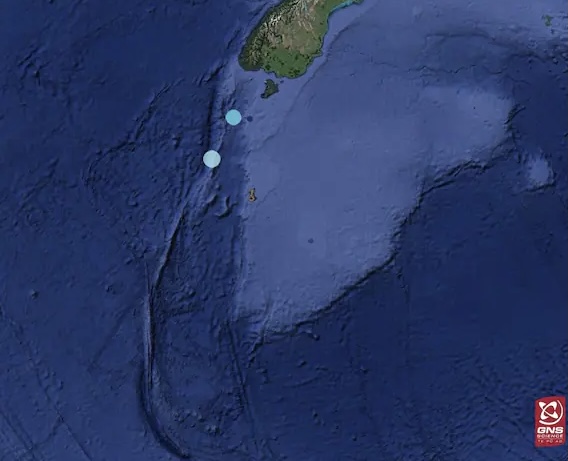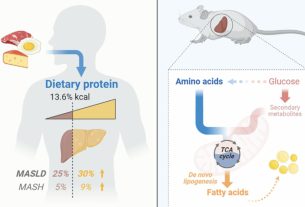题图:2019年8月4日,在一个名为普伊塞古尔俯冲带的板块边界地区发生了两次5.6级和6.3级大地震。科学家们认为它能够产生高达 12 米的海啸。图片 / GeoNetTwo large earthquakes measuring 5.6 and 6.3 struck on August 4, 2019, in a plate boundary area called the Puysegur Subduction Zone. Scientists think it’s capable of generating tsunamis measuring up to 12m high. Image / GeoNet
广告 | Advertisement
在澳纽网做广告 | Advertise with us
- 一项新的研究强调了南地面临的海啸威胁,附近的地震带被认为能掀起 12 米高的巨浪。
- 英威卡吉尔(Invercargill)、布拉夫(Bluff)和里弗顿(Riverton)等社区以及南地主要港口和机场等主要交通枢纽都面临着海啸风险。
- 科学家们认为迫切需要更好地了解这一危险,并确保易受影响的居民有所认识和准备
- A new study highlights the tsunami threat facing Southland, where a nearby earthquake zone is thought capable of unleashing 12m-high waves
- The risk faces communities including Invercargill, Bluff and Riverton – but also major transport hubs like Southland’s main port and airport
- Scientists see an urgent need to better understand the hazard, and also ensure vulnerable residents are aware and prepared
高达四层楼房的海啸波可能会突然向新西兰的一个地方袭来,而我们中的许多人可能最不会想到会发生这种情况。
广告 | Advertisement
在澳纽网做广告 | Advertise with us
刚刚发表的一份研究报告的科学家们说,迫切需要更好地了解南地的海啸危害,南地的海啸危害仅次于查塔姆群岛、北岛东海岸和北地东北部。
他们报告说,在平均 2500 年的 “重现期 “内,该地区南部海岸的大部分地区都会遭受 8 米至 12 米高的海啸袭击–在 500 年的时间里,海啸会带来 4 米至 8 米的巨浪。
这将危及包括因弗卡吉尔、布拉夫和里弗顿在内的社区,以及南地主要港口和机场等主要交通枢纽。
Tsunami waves as high as four-storey buildings could be suddenly sent toward a part of New Zealand where many of us might least expect them.
Scientists behind a just-published study say there’s an urgent need to better understand Southland’s tsunami hazard, which sits behind only that of the Chatham Islands, the North Island’s east coast and northeastern Northland.
They report that, over an average “return period” of 2500 years, much of the region’s southern coast sits exposed to tsunamis 8m to 12m high – and waves of 4m to 8m over 500-year periods.
That put at risk communities including Invercargill, Bluff and Riverton, along with major transport hubs like Southland’s main port and airport.
这项研究的主要作者、奥塔哥大学的卡罗琳-奥奇斯顿博士说,这种威胁主要来自普伊塞古尔俯冲带,这是一个伸入南大洋数百公里的构造板块边界。
广告
Advertise with us
她说,普伊塞古尔俯冲带被认为是世界上最年轻、最小的俯冲带之一,但其内部的重大断裂仍可能带来 “破坏性的水位和水速”。
与因弗卡吉尔在秘鲁西海岸发生引发海啸的地震时可能获得的 14 小时预警相比,普伊塞格地震的预警时间要短得多。
The study’s lead author, Dr Caroline Orchiston of the University of Otago, said much of that threat came from the Puysegur Subduction Zone, a tectonic plate boundary stretching hundreds of kilometres into the Southern Ocean.
Considered one of the world’s youngest and smallest subduction zones, a major rupture within it could still bring “damaging water levels and speeds”, she said.
Compared with the 14 hours of warning Invercargill might get from a tsunami-generating earthquake off the west coast of Peru, the timeframe was much shorter for an Puysegur scenario.
来源:摘自NZ Herald
分类: 澳纽资讯(即时多来源) 新西兰英语新闻 New Zealand English News

广告 | Advertisement
在澳纽网做广告 | Advertise with us
22,193 views





